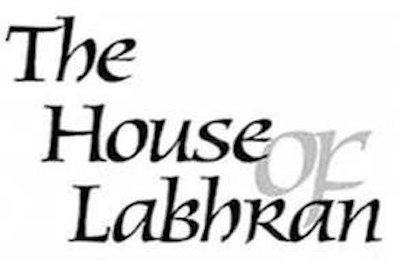VINTAGE EDINBURGH 1932 SILVER SGIAN DUBH - CELTIC ENGRAVED DESIGN
Vintage Edinburgh 1932 Silver Sgian Dubh - Celtic Engraved Design
Fine Scottish antique sgian dubh with engraved Celtic knot design engraving and carved rope pattern hilt and stone mounted top. Size approx. 19 cm length
Hallmarked 1932 Thomas Kerr Ebbutt Edinburgh - In good used vintage condition.
For details on our range of available Scottish sgian dubs please visit the Sgian Dubh shop page.
Thomas Kerr Ebbutt was a Scottish manufacturing jeweller, with a shop based at St David’s Square, Edinburgh. Thomas Kerr Ebbutt received his training with Walker & Hall in Sheffield. In 1896 his opened a business under his own account at St David's Square, Edinburgh. He registered with the Edinburgh Assay Office in 1903 - 1904. From the beginning he concentrated on making Highland Dress accoutrements.
Thomas Kerr Ebbutt died on the 19th February1921. The business was continued by Miss Gladys Ebbutt and Cyril George Ebbutt.
The company continued in business until 1977 when it was bought by Hamilton & Inches. His sgian dubhs are highly prized and respected for their beauty & high quality.
House of Labhran Fine Scottish Silver & Vintage Sgian Dubhs
We have a passion for fine antique and collectible sgian dubh’s and Highland dirks. We source antique Jacobite styles of the 18th century, high Victorian styles and regimental patterns of WW1 – WW2. Our sgian dubh and dirk range make wonderful addition to any Highland dress collection.
Our range of fine hallmarked sterling silver skean dubh’s made by the Highland regimental silversmith and Royal silversmiths Hamilton & Inches in Edinburgh, Scotland. We can engrave many of these skean dubhs for presentation gifts.
Vintage antique Sgian Dubhs – Scottish sgian skean dubhs from Scotland – The Gaelic sgian dubh meaning “black knife”, where “black” may refer to the usual colour of the handle of the knife. It is also suggested that “black” means secret, or hidden, as in the word blackmail. This is based on the stories and theories surrounding the knife’s origin and the meaning of “Dubh” in Gaelic, in particular those associated with the Highland custom of depositing weapons at the entrance to a house prior to entering as a guest. Despite this practice, a small twin edged-dagger, (‘Mattucashlass’), concealed under the armpit, combined with a smaller knife, (‘Sgian dubh’).




